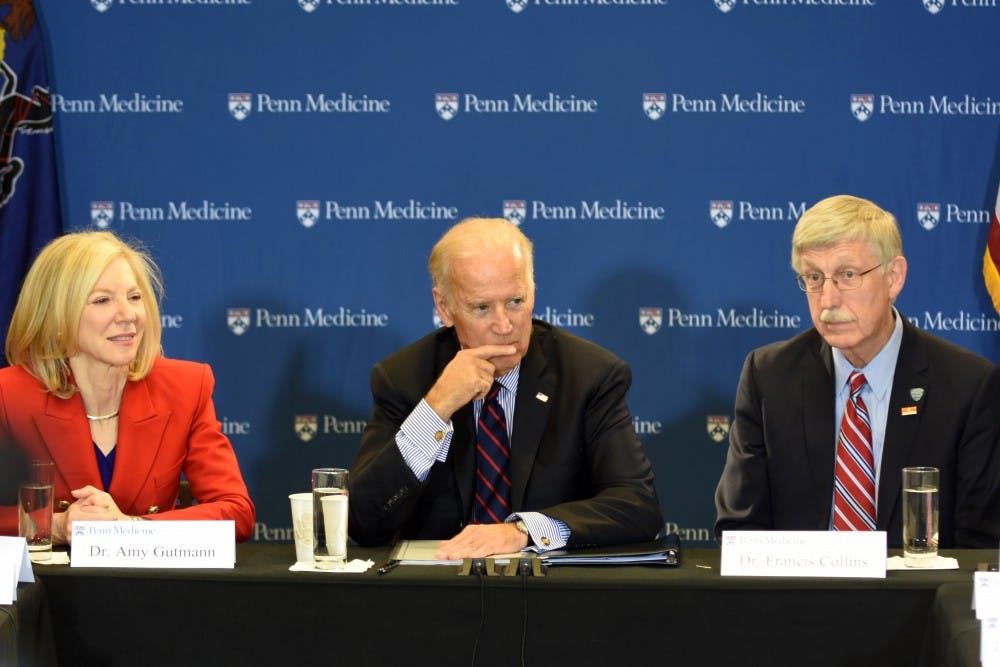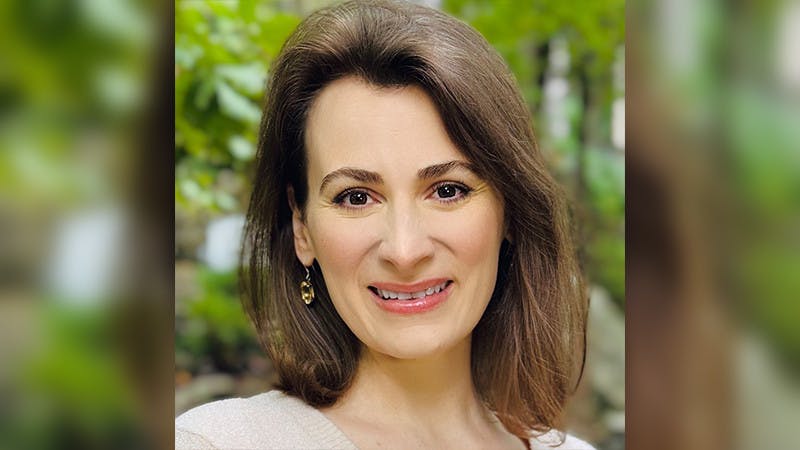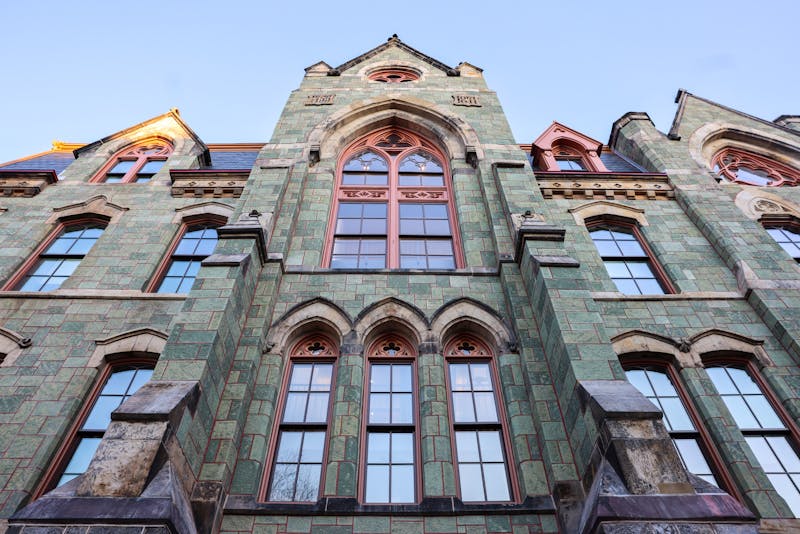
The confirmation comes after Biden made several appearances at Penn throughout 2016.
Credit: Susanna JaramilloVice President Joe Biden’s recent efforts to promote cancer research have placed a spotlight on bigger changes in the way cancer is treated — even at Penn.
More attention has been placed on ways to combat cancer in the wake of Biden’s visit to Penn’s Abramson Cancer Center on Jan. 15 to launch a White House cancer research initiative. University researchers hope that a new national focus on collaboration in cancer research — a change highlighted by Biden’s visit — will see a greater focus as well.
Biden is leading a “moon shot” effort to create tangible milestones in cancer treatment, which is especially meaningful after the loss of his son, former Delaware Attorney General Beau Biden, to brain cancer only last year. The $215 million Precision Medicine Initiative uses therapy that attacks a tumor’s specific set of mutations.
“The Vice President’s visit to the Abramson Cancer Center to launch the Cancer Moonshot was exhilarating,” said Dr. Robert Vonderheide, the associate director for translational research at the Center. “We were proud to show him the work we are doing and share our insights regarding cancer care and research. Even since the visit, the initiative is rapidly gaining momentum with unprecedented national resources being prepared to find cutting edge new therapies and novel prevention of cancer.”
Less than a week after the Vice President’s visit, six directors of leading Pennsylvania cancer centers participated in a panel that was featured in a conference called, “Cancer Precision Medicine, Big Ideas in Research, Treatment and Prevention.”
The conference, hosted at the College of Physicians of Philadelphia, provided a unique opportunity for the clinical and research leadership of Philadelphia to meet to discuss developments and goals for the future in keeping with Obama’s initiative.
Dr. Dario C. Altieri, president and CEO of the Wistar Institute, was one of the six panelists to speak at the conference.
“We all work in different institutions, we have different organizational priorities and objectives, but in the end, we really need to work together,” Altieri said. “That was really the spirit of the summit and the message that the audience took home with them.”
Altieri added that collaboration across organizations should be a lesson for Penn students involved in research. He explained that undergraduate and graduate students are trained to use personal, individual achievements as a measure of their scholarly success, but this mode of thinking stands in the way of collaboration that is essential for scientific progress. The kind of professional collaboration demonstrated by the Big Ideas summit is a practice undergraduates might also keep in mind as they continue on in their careers.
“What counts more: a first authorship paper published in a very selective journal that maybe three labs in whole world will ever read?” said Dr. Altieri. “Or does it count more to be a co-author with twenty others on a paper published in the New England Journal that changes the standard of care of a disease?”
The Daily Pennsylvanian is an independent, student-run newspaper. Please consider making a donation to support the coverage that shapes the University. Your generosity ensures a future of strong journalism at Penn.
DonatePlease note All comments are eligible for publication in The Daily Pennsylvanian.







